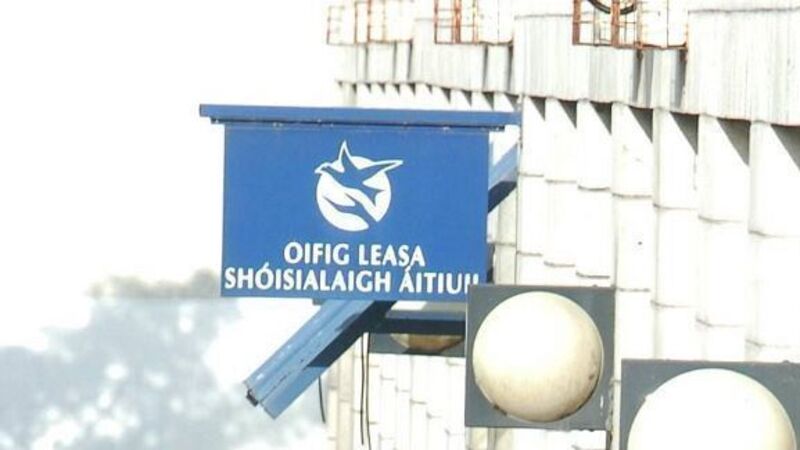Social welfare appeals system criticised

The social welfare appeals system has been criticised for making people wait too long and for driving them into debt.
A report by the legal rights group FLAC found that people can wait for more than a year for an oral hearing into why their application for social welfare has been declined.













